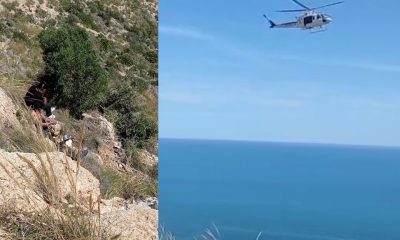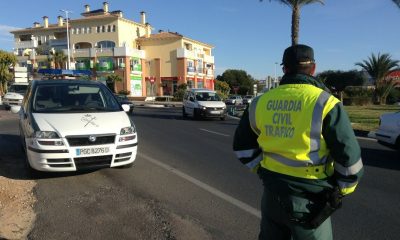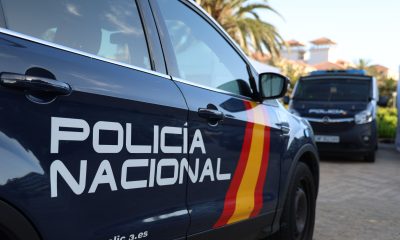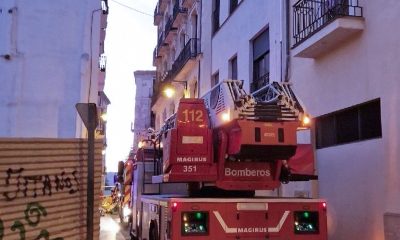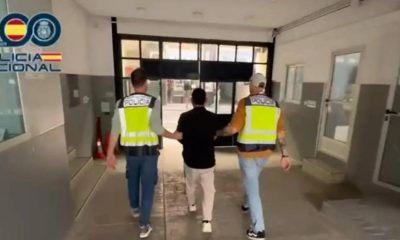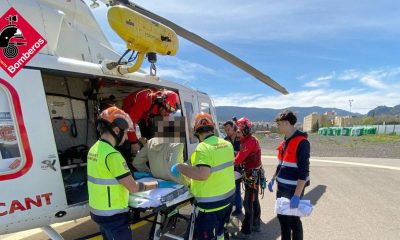Costa Blanca
Orihuela woman dies because ambulance took too long to arrive
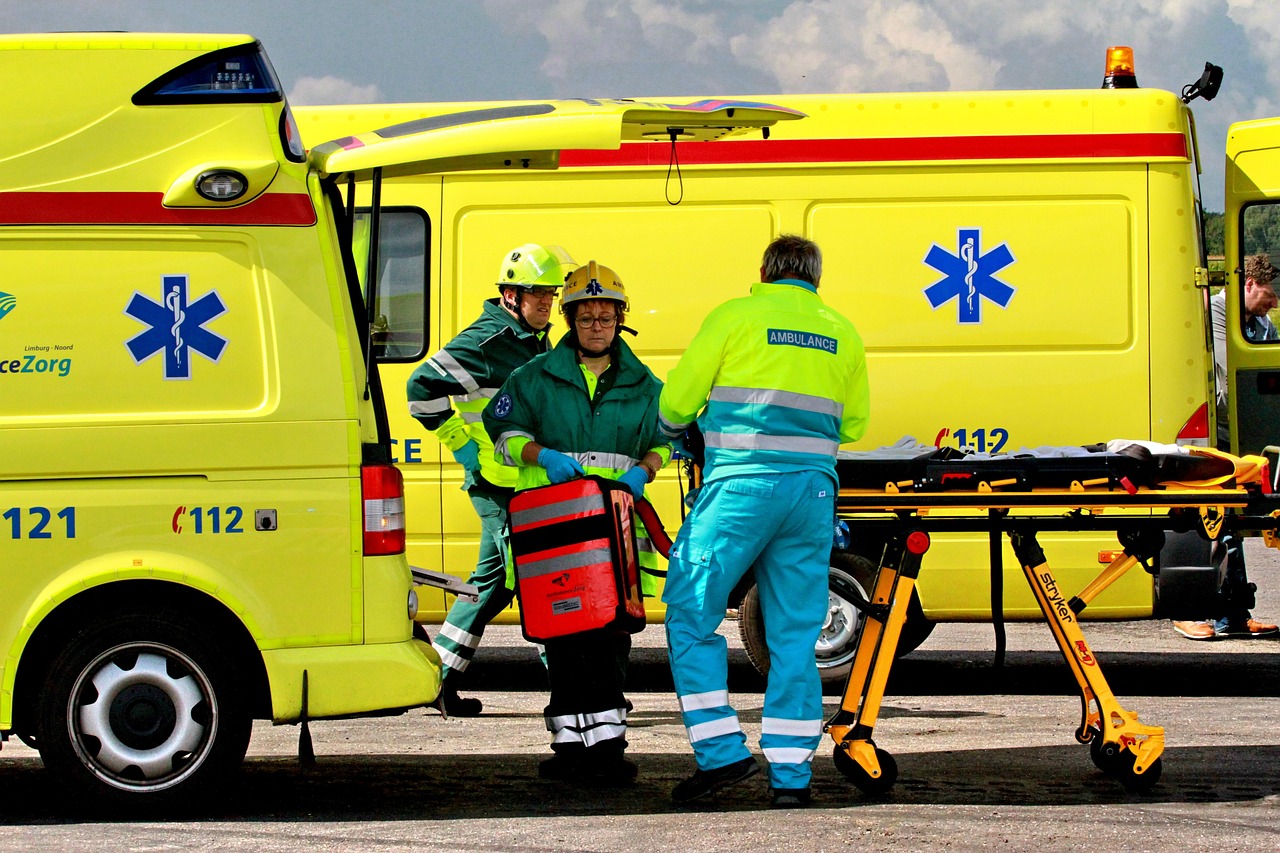
On Monday, 24th March, a 24-year-old lady passed away at her residence in Rincón de Bonanza’s Orihuela sector. According to her family, the National Police arrived earlier than the SAMU (National Emergency Medical Services), which took forty minutes to arrive.
Her uncle, Juan Ramón, says about the stressful and, most importantly, excruciating periods they went through while making a valiant attempt to escape the suffering and remember the terrible events that occurred only two days later. NAV was prescribed a pain reliever after visiting the emergency room of Vega Baja Hospital that morning for sciatica and everything going smoothly. The young lady had never experienced any health issues before. At approximately 1 p.m., his niece passed out and fell to the ground. She was talking and conscious. She informed him that her grandmother and partner were there. She lives next door, so it just took him a few seconds to get there.
After that, she experienced cardiac arrest. While the ambulance awaited its arrival, her uncle and partner both administered cardiopulmonary resuscitation. “We both knew how; I learnt in the military, and he had worked in an ambulance,” Juan Ramón adds. He claims that they attempted to resuscitate her for almost thirty minutes before National Police officers showed up there and removed them due to their weariness. “Our whole bodies hurt,” he remembers saying.
As Juan Ramón watched his niece “was losing consciousness, she was fading little by little, her pulse was losing its hold until she was left with her eyes open and glassy, in the void, with her face white and her lips purple,” he laments that the health services had asked her on the phone up to three times if she had her health card on hand.
He maintains that the ambulance “should have taken 10 minutes at most,” given that it is located on the road that links Vega Baja Hospital and the urban area. But for some reason, it took more than forty.
He states in a weak voice that this is the reason she wants to make the world aware of “what’s happening, not just for my niece, for whom nothing can be done,” but “because until it affects you, you’re not aware, but it can happen to anyone.”
She called 112 at 1:07 p.m., according to her story and the call record on her mobile phone, and gave them all the information they asked for—with the exception of her health card, which she was missing at the moment.
Three minutes after that, his niece passes out. When he gets a call at 1:12 p.m. asking for the SIP once more, Juan Ramón responds that his niece has gone into cardiac arrest and reiterates that he doesn’t have that information. He also insists that they are performing cardiopulmonary resuscitation on her and asks that they move quickly because she is in cardiac arrest.
He gets another call at 1:20 p.m. confirming that they are unable to locate his niece’s details. Once more, Juan Ramón introduces them to his niece. It seems that their last name was incorrect. They affirm that they have located her a few seconds later. She is in cardiac arrest, Juan Ramón confirms. They take him to a doctor, who enquires about his niece’s health. The doctor is surprised that they are able to do cardiopulmonary resuscitation (CPR) when he responds that they are.
A number of National Police patrols came about 1:25 p.m. Because they had been warned that the victim was conscious, the officers did not have a defibrillator, therefore they relieved Juan Ramón and NAV’s partner to continue CPR. Because they were within a short distance from the police station when they received the warning, one of the policemen objected.
An ambulance came at approximately 1:45 p.m. and took over for at least another 45 minutes, utilising all available resources, after another 15 minutes of taking turns giving CPR. However, the death was confirmed around 2:00 p.m. without any success.
The first contact, which was received at 1:03 p.m., described a woman who had fallen, was experiencing dizziness and breathing difficulties, according to the Emergency Information and Coordination Centre (CICU). At 1:05 p.m., an ambulance from the Basic Life Service was sent out.
The call was categorised as priority 1 at 1:09 p.m. when the caller dialled 112 once more, stating that they were performing basic cardiopulmonary resuscitation. While they were familiar with the approach, the CICU offered to help guide the resuscitation manoeuvres while they mobilised a SAMU unit.
According to CICU sources, the Medical Service for the Uninfected Mumps (SAMU) was already providing assistance at 1:24 p.m. Advanced cardiac resuscitation and other recovery measures were administered by the medical team, but no reaction was observed.
One ambulance
The notice was also given to the local health centre’s doctor. At the same moment as the SAMU (National Health Service), he and a nurse came in their vehicle. “The Orihuela Health Department is fully booked every day because there is only one SAMU (National Health Service), one less than the number of staff it has been assigned for the past three years,” says the medical expert, who has spent 23 years working in the local health centres.
In 2022, the Valencian Community’s urgent and non-urgent land medical transport service specifications established four medicalised units in the region, two in each of the two health areas (Orihuela and Torrevieja). However, the specifications failed to consider that the one on the Orihuela coast, which is located in Torrevieja due to its proximity, actually has three.
This “error” means that in reality, a department with a protected population of 180,000 people—including Orihuela (without the Coast), Albatera, Algorfa, Almoradí, Benejúzar, Benferri, Bigastro, Callosa de Segura, Catral, Cox, Daya Nueva, Daya Vieja, Dolores, Granja de Rocamora, Jacarilla, Rafal, Redován, and San Isidro—has only one medicalised ambulance.
In July of last year, the Vega Baja Hospital’s UGT union branch notified management of the situation and asked that “this service, which we so desperately need, be restored as soon as possible.” As of yet, there has been no settlement.
Discover more from Costa Blanca Daily
Subscribe to get the latest posts sent to your email.
Costa Blanca
Helicopter rescue operation near Santa Pola lighthouse
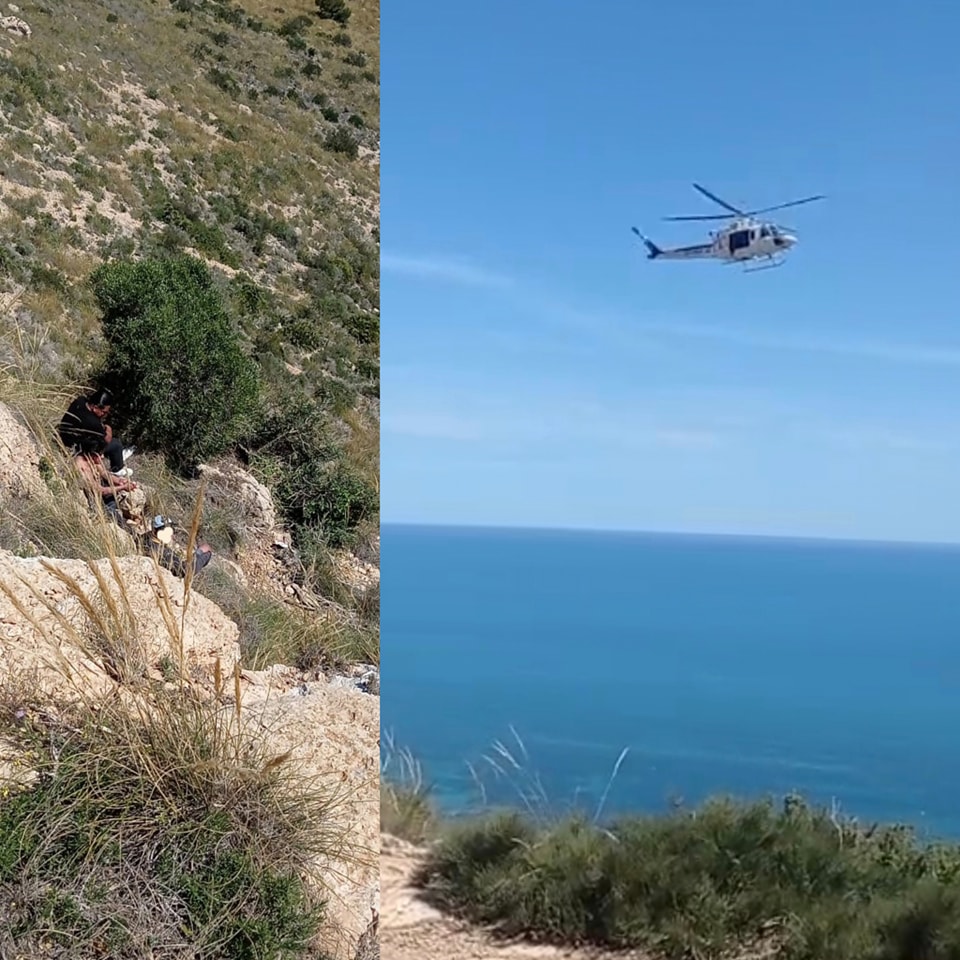
A substantial emergency services response was initiated in the vicinity of the Santa Pola lighthouse viewing platform as a consequence of an alleged irresponsible incident. A man, who appeared to be under the influence of alcohol, became too close to the cliff edge to urinate, resulting in his fall and the entrapment of himself and two companions who attempted to assist him. Fortunately, the injured man was able to stop his fall from the cliff just a few metres away, thereby preventing any additional harm that could have been fatal.
The incident needed the mobilisation of three local police patrols, Guardia Civil officers, an ambulance, and the fire department, which arrived via helicopter and ground personnel. The injured individual did not require air evacuation. The injured man was treated on-site by the firefighter rescue team, who were aided by the doctor who was travelling in the helicopter. They then securely immobilised him and transported him to the top of the cliff, where he was placed on a stretcher and transferred to the ambulance.
The victim, who, according to witnesses, exhibited signs of intoxication, was transported to the Elche General University Hospital for additional medical attention. However, he was not in a life-threatening condition. The two friends who had accompanied him to the bottom of the cliff also needed help to return to safety, as they were ensnared on the overhang.
Discover more from Costa Blanca Daily
Subscribe to get the latest posts sent to your email.
Costa Blanca
This week the DGT will issue over 64,000 speeding tickets
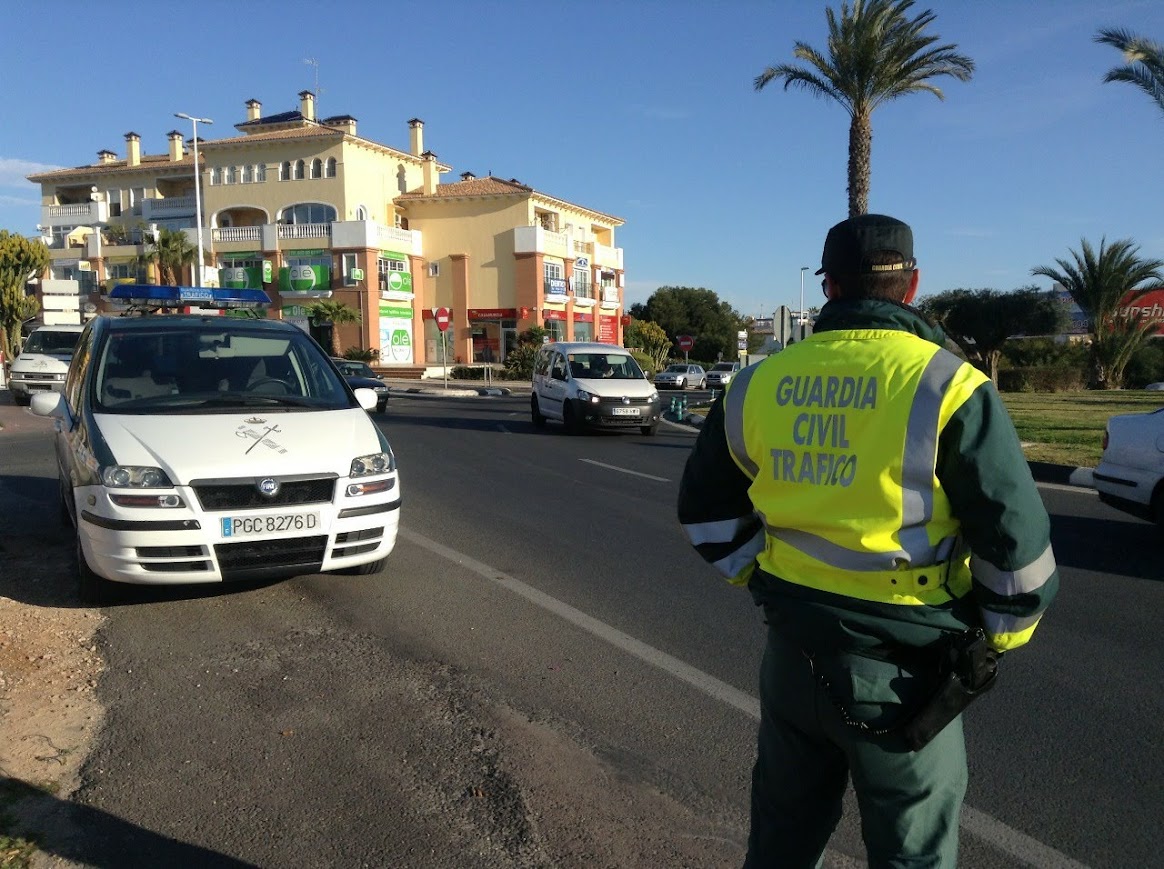
It is imperative that you adhere to traffic regulations concerning speed limits on the roads, as failure to do so could result in a costly week. The DGT (Directorate General of Traffic) has announced that it will implement rigorous speed control measures throughout Spain from today, April 7th, until next Sunday, April 13th, as part of a global European campaign developed by the RoadPol (European Roads Policing Network) in all EU countries.
Excessive speed has emerged as the third most prevalent and frequent cause of fatal traffic incidents, despite its status as one of the most significant risk factors in driving. Excessive speed was the primary cause of up to 218 fatal accidents in our country last year, according to data published today by the DGT.
The DGT has announced that it will deploy all officers of the Guardia Civil’s Traffic Unit for special surveillance throughout the week. This surveillance will be conducted in conjunction with local and regional police forces. For instance, in the previous year, this initiative was implemented by up to 103 municipalities nationwide, which also implemented speed monitoring on their roadways. It is anticipated that an additional number of municipalities will participate in this new campaign.
Controls are available at any time and on all sorts of roads
The controls, which can be implemented immediately on all types of roads and at any hour of the day, will also be specifically implemented in areas that are currently associated with high speeds, as well as in areas where traffic consistently exceeds the established speed limit and there is a high accident rate.
Spain will also experience a substantial increase in the number of checkpoints this year. The DGT has announced that up to 41 new radars will be installed on roads this year, in addition to the numerous mobile radars deployed by the Guardia Civil’s traffic officers. The installation plan, which will result in the establishment of up to 122 new checkpoints throughout the year, includes 28 fixed radars and 15 new road sections. Pegasus helicopters and drones, which are traffic aerial resources, will also be participating in this unique speed monitoring campaign. Therefore, it is imperative that you maintain a vigilant surveillance of the skies.
In the previous year, over 64,000 drivers were issued fines within a seven-day period.
In order to comprehend the scope of the campaign that the DGT will initiate today, it is sufficient to examine the final data that has already been verified for the same initiative that was conducted by Traffic last year for an additional seven days. In 2024, the European initiative concluded in our country with a total of over 1.42 million vehicles inspected and a staggering 64,172 driving fines in the seven days it was in effect. This figure includes the officers, the 103 municipalities involved, and all active radars. In addition to the daily increase in mobility on Spanish roads, the number of citations is anticipated to increase this year due to the increased presence of officers and radars.
The DGT has confirmed that it aims to reduce the number of accidents resulting in fatalities and, in particular, the number of serious injuries. This is due to the fact that, as stated in an official statement released to the media, “speed not only influences the likelihood of being involved in a traffic accident, but also that the higher the speed, the more challenging it will be to react in time to prevent the accident and the more severe the injuries that result.”
Discover more from Costa Blanca Daily
Subscribe to get the latest posts sent to your email.
Costa Blanca
Police are investigating a shooting in Alicante
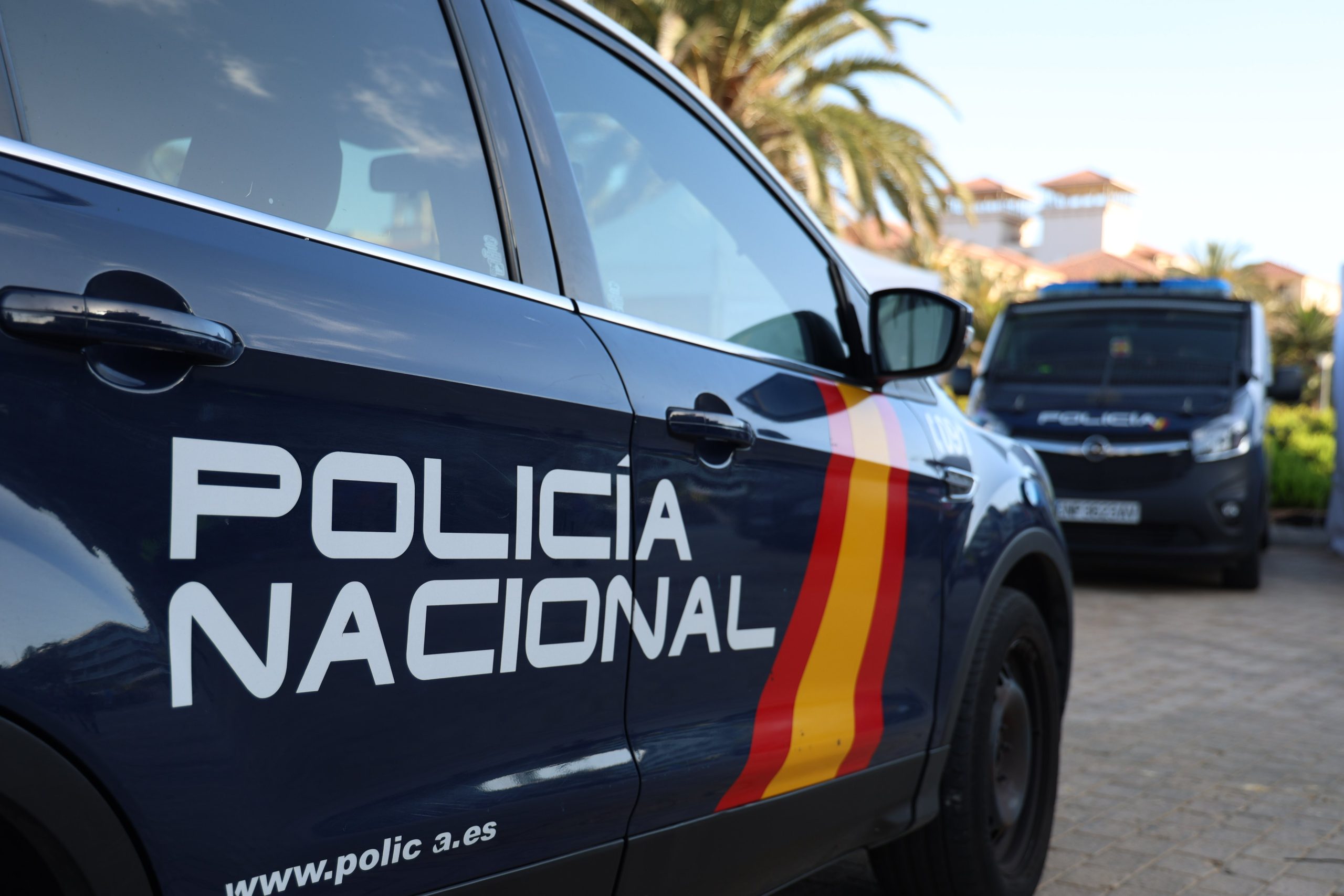
The National Police are investigating a shooting that occurred this Sunday in the northern part of Alicante.
The occurrence occurred on a street in the neighbourhood during the late afternoon, when it was still light.
Police sources have reported that one individual sustained injuries from a knife, although it has not yet been determined whether the incident is associated with the gunshot.
Neighbours said on Saturday, 5th April, that an additional gunshot took place in the vicinity of a well-known supermarket in the area.
Discover more from Costa Blanca Daily
Subscribe to get the latest posts sent to your email.
-

 Costa Blanca4 days ago
Costa Blanca4 days agoBefore Easter, the new road through La Hoya should open
-
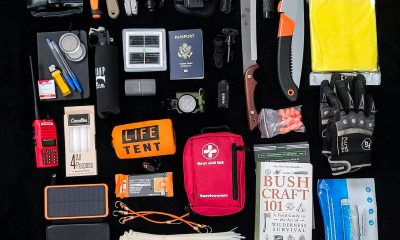
 News2 weeks ago
News2 weeks agoWhat is included in the emergency pack that Europe announced?
-

 Costa Blanca2 weeks ago
Costa Blanca2 weeks agoVega Baja students taking part in the Duke of Edinburgh awards
-
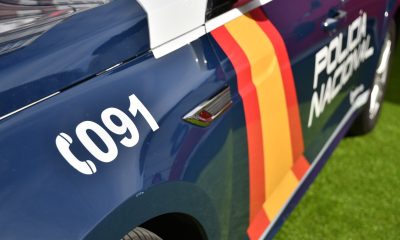
 News2 weeks ago
News2 weeks agoMan arrested by National Police for scamming over 200,000 euros
-

 Costa Blanca2 weeks ago
Costa Blanca2 weeks agoUrgent meeting requested by Alicante firefighters to settle labour dispute
-
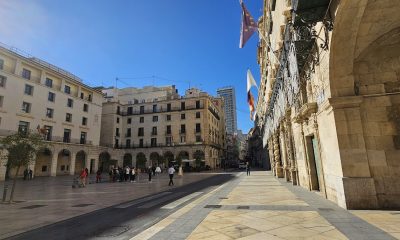
 Costa Blanca2 weeks ago
Costa Blanca2 weeks agoJail sought for two doctors over the death of 8 year old boy
-
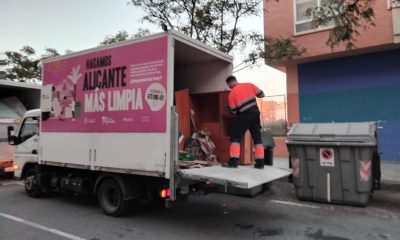
 Costa Blanca2 weeks ago
Costa Blanca2 weeks agoUsage of Alicante’s “Pick up by Appointment” of unwanted household goods increases by 29%
-

 Costa Blanca2 weeks ago
Costa Blanca2 weeks agoPortugal has arrested the wanted man who killed John George near Rojales

